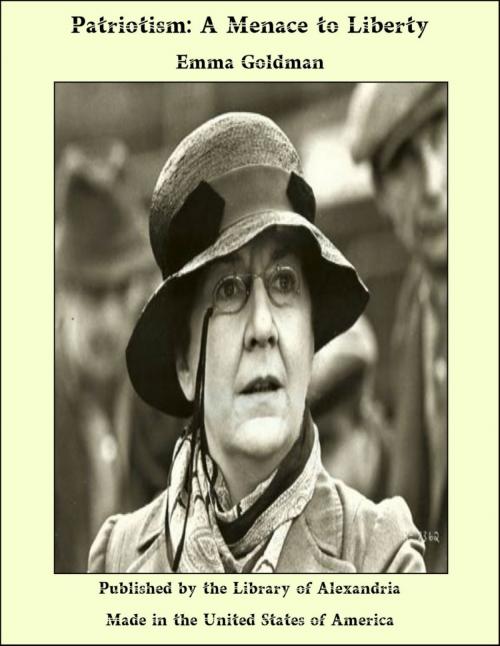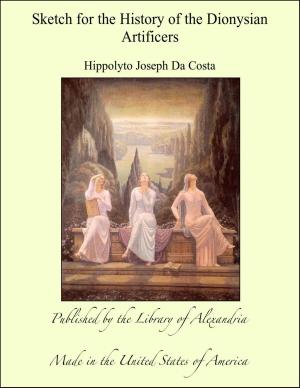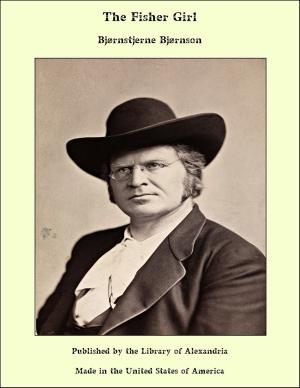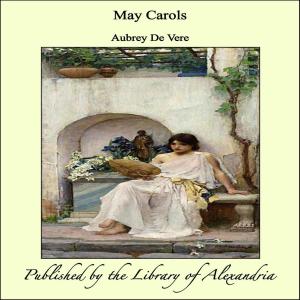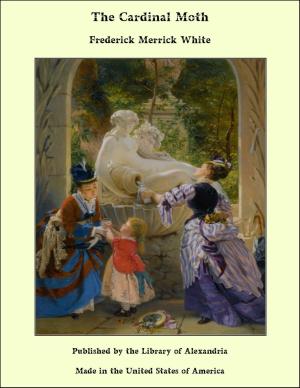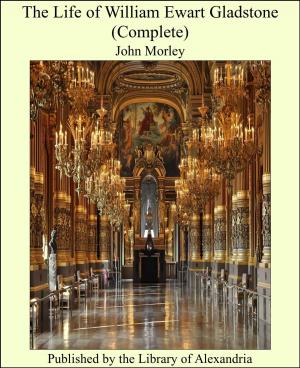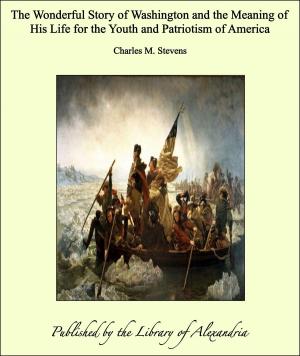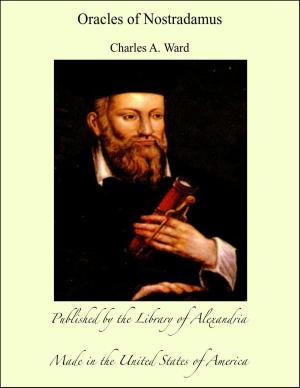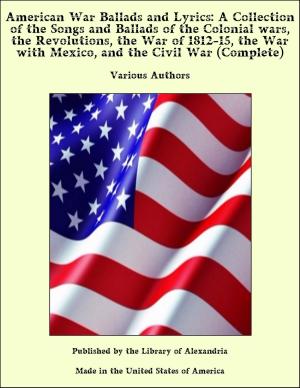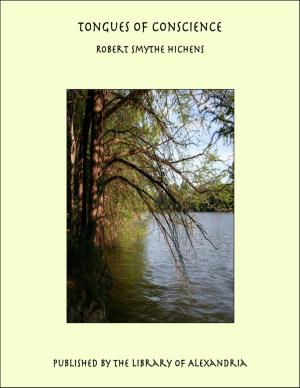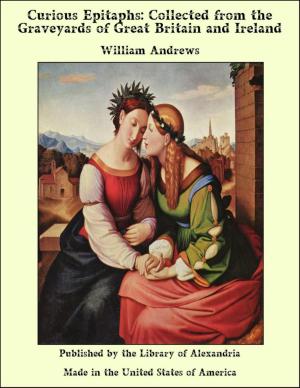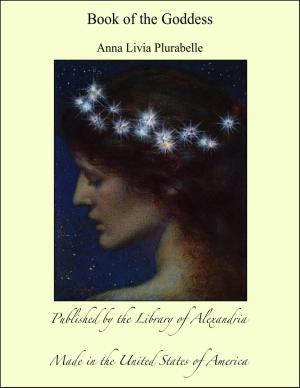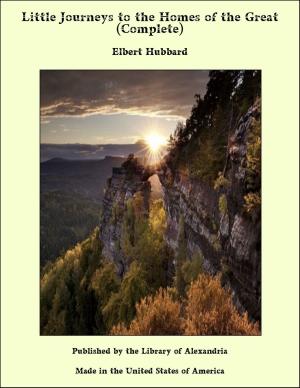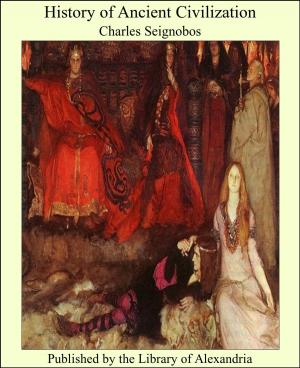Patriotism: A Menace to Liberty
Nonfiction, Religion & Spirituality, New Age, History, Fiction & Literature| Author: | Emma Goldman | ISBN: | 9781465597304 |
| Publisher: | Library of Alexandria | Publication: | March 8, 2015 |
| Imprint: | Language: | English |
| Author: | Emma Goldman |
| ISBN: | 9781465597304 |
| Publisher: | Library of Alexandria |
| Publication: | March 8, 2015 |
| Imprint: | |
| Language: | English |
WHAT is patriotism? Is it love of one’s birthplace, the place of childhood’s recollections and hopes, dreams and aspirations? Is it the place where, in childlike naivete, we would watch the fleeting clouds, and wonder why we, too, could not run so swiftly? The place where we would count the milliard glittering stars, terror-stricken lest each one “an eye should be,” piercing the very depths of our little souls? Is it the place where we would listen to the music of the birds, and long to have wings to fly, even as they, to distant lands? Or the place where we would sit at mother’s knee, enraptured by wonderful tales of great deeds and conquests? In short, is it love for the spot, every inch representing dear and precious recollections of a happy, joyous, and playful childhood? If that were patriotism, few American men of today could be called upon to be patriotic, since the place of play has been turned into factory, mill, and mine, while deafening sounds of machinery have replaced the music of the birds. Nor can we longer hear the tales of great deeds, for the stories our mothers tell today are but those of sorrow, tears, and grief. What, then, is patriotism? “Patriotism, sir, is the last resort of scoundrels,” said Dr. Johnson. Leo Tolstoy, the greatest anti-patriot of our times, defines patriotism as the principle that will justify the training of wholesale murderers; a trade that requires better equipment for the exercise of man-killing than the making of such necessities of life as shoes, clothing, and houses; a trade that guarantees better returns and greater glory than that of the average workingman.
WHAT is patriotism? Is it love of one’s birthplace, the place of childhood’s recollections and hopes, dreams and aspirations? Is it the place where, in childlike naivete, we would watch the fleeting clouds, and wonder why we, too, could not run so swiftly? The place where we would count the milliard glittering stars, terror-stricken lest each one “an eye should be,” piercing the very depths of our little souls? Is it the place where we would listen to the music of the birds, and long to have wings to fly, even as they, to distant lands? Or the place where we would sit at mother’s knee, enraptured by wonderful tales of great deeds and conquests? In short, is it love for the spot, every inch representing dear and precious recollections of a happy, joyous, and playful childhood? If that were patriotism, few American men of today could be called upon to be patriotic, since the place of play has been turned into factory, mill, and mine, while deafening sounds of machinery have replaced the music of the birds. Nor can we longer hear the tales of great deeds, for the stories our mothers tell today are but those of sorrow, tears, and grief. What, then, is patriotism? “Patriotism, sir, is the last resort of scoundrels,” said Dr. Johnson. Leo Tolstoy, the greatest anti-patriot of our times, defines patriotism as the principle that will justify the training of wholesale murderers; a trade that requires better equipment for the exercise of man-killing than the making of such necessities of life as shoes, clothing, and houses; a trade that guarantees better returns and greater glory than that of the average workingman.
